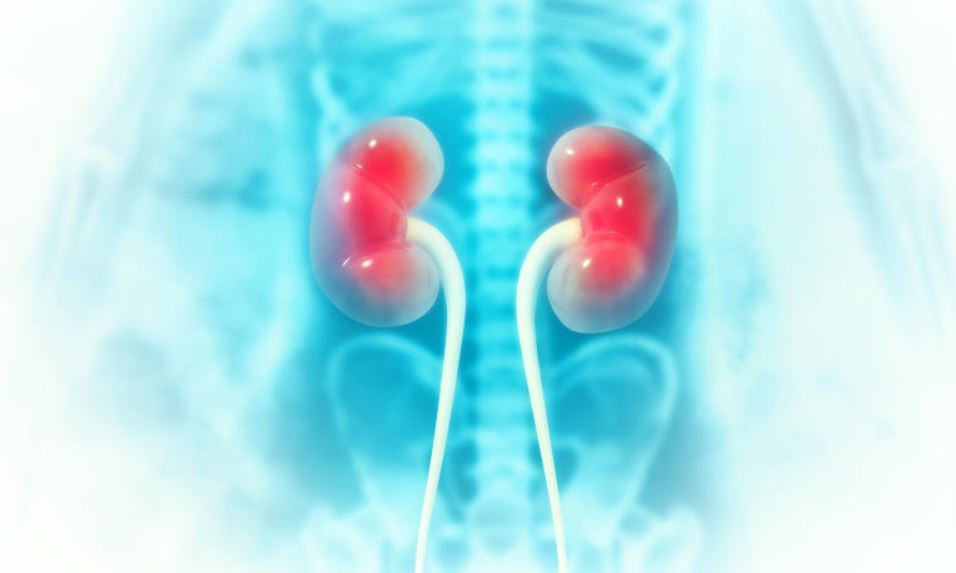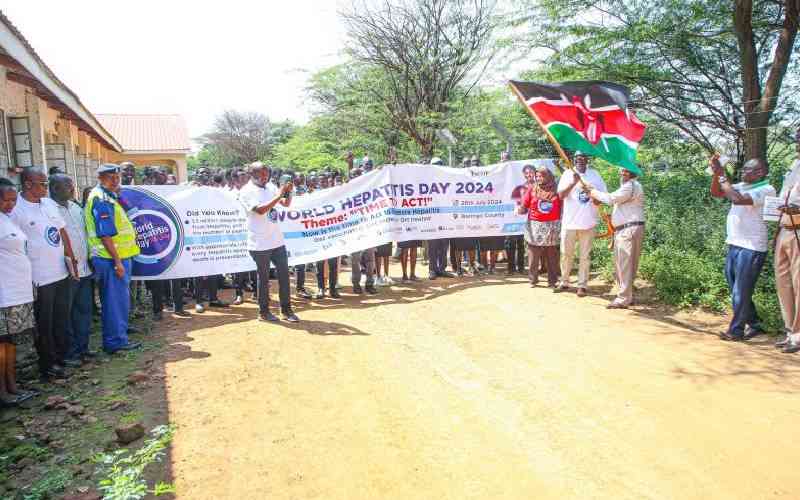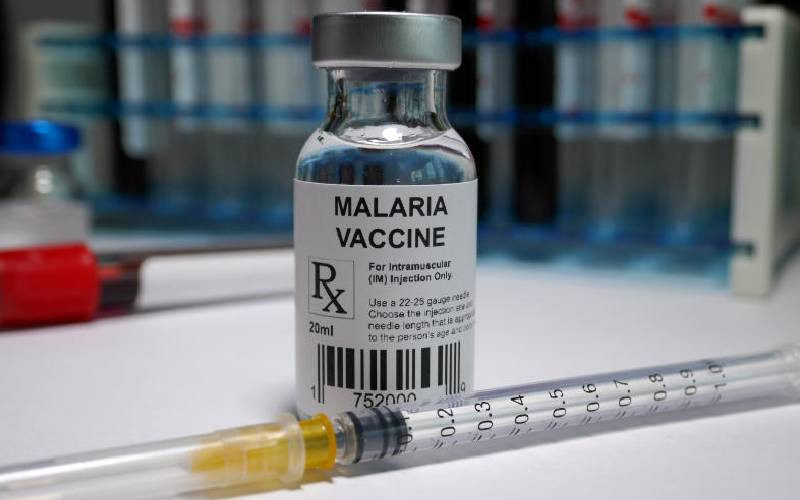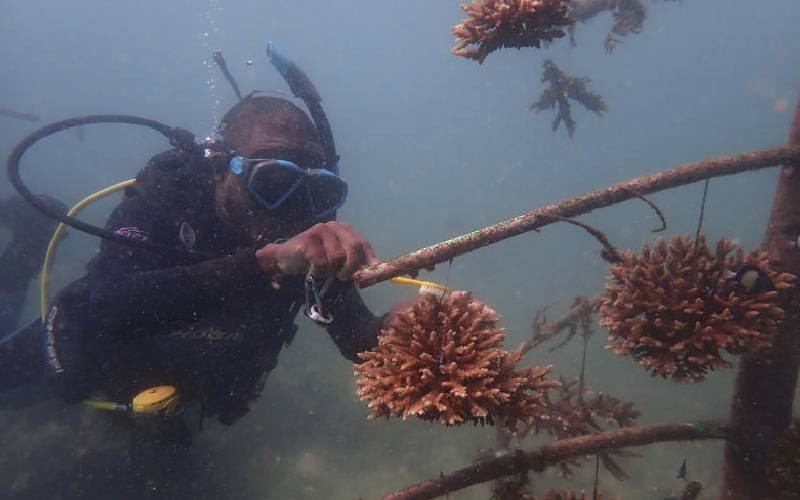A global trial is currently ongoing to develop a drug that will regulate the development of bones for children with dwarfism.
The clinical trial is coming up with a drug composition that will boost the growth rates of children with achondroplasia, the most common form of dwarfism.
The project is being conducted by the Melbourne’s Murdoch Children’s Research Institute and is in the final stages of testing the drug. The results of the previous phase trials that was done in children aged 5-14 and published in the New England Journal of Medicine showed positive results. The study was done on 35 children from different parts of the world.
Lead author and MCRI clinical geneticist Professor Ravi Savarirayan, said achondroplasia is caused by over activity of a signal that stops growth, and could be likened to overwatering a plant.
“This drug basically kinks the hose so that the plant gets the right amount of water and can resume regular growth,” Prof. Savarirayan said.
Achondroplasia is a genetic bone disorder that affects one in 25,000 infants. It is caused by a genetic mutation that impairs the growth of bones in the limbs, the spine, and base of the skull. The most common health complications experienced by children with achondroplasia are spinal cord compression, spinal curvature and bowed legs.
There have also been other treatments that are used to manage dwarfism, including growth hormones therapy for people with hormonal malfunctions. Limb-lengthening surgery is also gaining popularity among developed countries.
Gene editing to control genetic conditions, including dwarfism, has also been explored by scientist as a way to contain the condition in utero, but it has faced resistance from moralists who feel it can be abused.
In Kenya, there have been many interventions to help in controlling dwarfism caused by malnutrition. The government and other agencies like UNICEF have been running campaigns on the importance of exclusive breastfeeding for children under six months, and the post-natal clinics have been focusing on improvement of the chart monitoring to keep track of the growth of children below five years old.
 The Standard Group Plc is a multi-media organization with investments in media
platforms spanning newspaper print
operations, television, radio broadcasting, digital and online services. The
Standard Group is recognized as a
leading multi-media house in Kenya with a key influence in matters of national
and international interest.
The Standard Group Plc is a multi-media organization with investments in media
platforms spanning newspaper print
operations, television, radio broadcasting, digital and online services. The
Standard Group is recognized as a
leading multi-media house in Kenya with a key influence in matters of national
and international interest.











